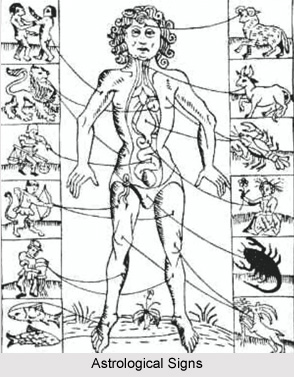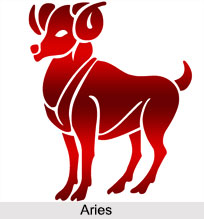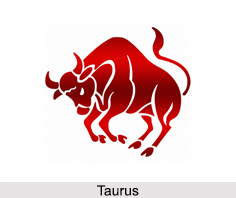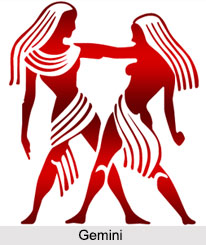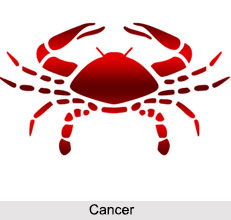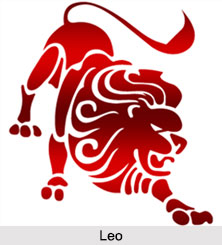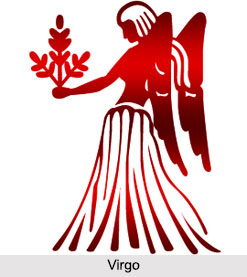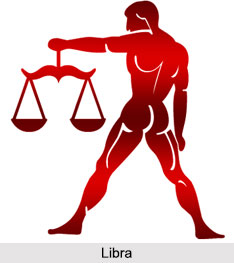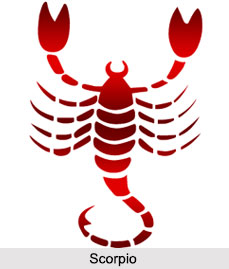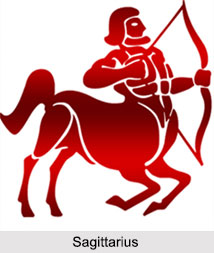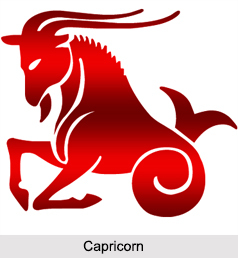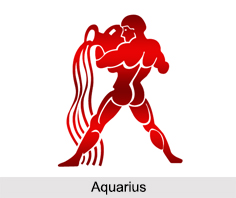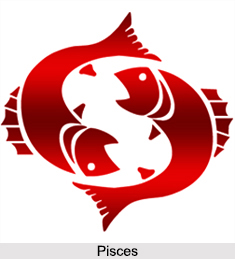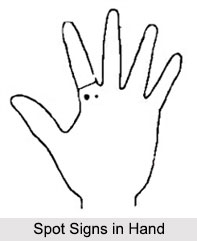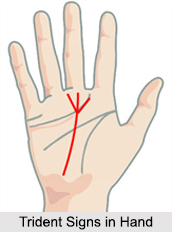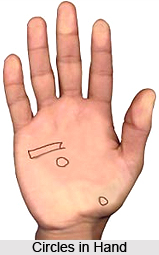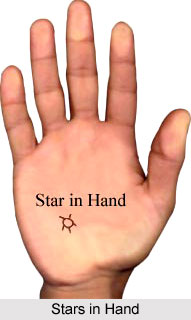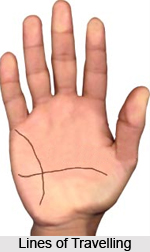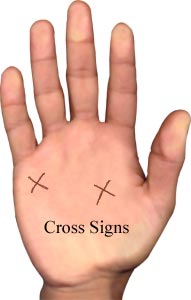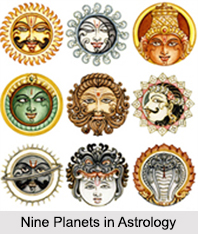 Nine Planets in Astrology, according to Vedas, are known as "Nava-Graha". These planets exist in the entire sphere of celestial and astrological studies. In Astrology, Planets are the heavenly bodies, whose movements are tracked by keeping Earth as the central point; the heavenly objects casting their influence on earth, nature and its inhabitants to a great degree. Although, technically Sun and Moon are not planets, and Rahu and Ketu are just lunar nodes, still they are essentially referred as planets according to the Hindu astrology.
Nine Planets in Astrology, according to Vedas, are known as "Nava-Graha". These planets exist in the entire sphere of celestial and astrological studies. In Astrology, Planets are the heavenly bodies, whose movements are tracked by keeping Earth as the central point; the heavenly objects casting their influence on earth, nature and its inhabitants to a great degree. Although, technically Sun and Moon are not planets, and Rahu and Ketu are just lunar nodes, still they are essentially referred as planets according to the Hindu astrology.
Each planet has a specific influence in astrology and governs a certain area of one"s personality or approach to life. For example, Mercury relates to the mental outlook; Venus governs the love nature. It is the placement of these planets in the various zodiac signs that determines how one expresses the different facets of their personality.
The Nine planets in Vedic astrology are of prime importance to Indian astrologers. Each of the nine planets, which are also known as "Nava-Graha", is discussed below:
Surya or Sun
Sun bestows willpower, energy and fortune to each and every individual, enabling them to live life to its grandest level. Right from the looks of a being, to his personality, wisdom and achievements, Sun or Surya has the dominant role to play. Sun provides with the physical, as well as psychological well being of a person. Its benevolence is received by kings, leaders, politicians, artists, jewellers, gemmologists, actors, alike.
Chandra or Moon
Moon or Chandra is responsible for fertility, growth, long distance travel, mental peace, memory, relation with mother and childbirth. An excellent and powerful moon provides good emotional strength and harmonious life. A weak moon can cause mental anxiety, emotional disturbance and tough relations with mother and people all around.
Brihaspati or Jupiter
Brihaspati is known as the planet of luck and is responsible for all the success, fortune, intellect and religious aspects of lives. Jupiter or Brihaspati signifies high ambitions, knowledge and accomplishments. Consequently, it is a prominent planet in the charts of successful priests, religious leaders, politicians and people pursuing deep knowledge.
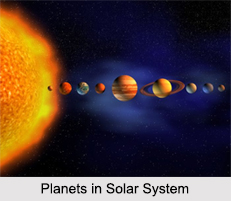 Budha or Mercury
Budha or Mercury
A person ruled by Mercury planet has sharp thinking, diverse interests, inherent anxiety and versatile, changing temperament. The subject ruled by the planet also has good grasp for logic and analysis, and colourful imagination with natural flair in linguistics. Mercury is believed to dominate writers, education, artists, teachers, traders, businessmen and the nervous system. It rules over speech, intelligence, self-confidence, mathematics, sense of humour and short journeys.
Mangala or Mars
Mars or Mangala provides a person with independent individuality and idealism. This planet rules the signs of Aries and Scorpio. While Mars is known to give open aggressiveness to Arians, the aggressiveness is much secretive in Scorpio. Martians are also known for strong passionate and sexual affiliations.
Shukra or Venus
Venus is considered to be a benefice, feminine and gentle planet. The quality it attributes are the ones of romance, love for fine things in life, luxuries, wealth, food, costumes, jewellery, sensual pleasures, inclination towards arts, music, beauty and tasteful living. Shukra"s occupants are gentle, admirers of jewellery, white dresses, fine arts, delicious foods and perfumes.
Shani or Saturn
Shanaishchara or Saturn is a Tamasik, which means lethargic, dry, cold and slow. Shani is known to destroy and ruin the residence it occupies. It is also believed to bring sorrow, obstruction, misery, disappointment, difficulties and disputes. When located properly, Shani provides wisdom, integrity, fame, spirituality, patience, authority, sincerity, love of justice, honesty, etc. But wisdom consists in learning through all the difficulties in life, and rising above it as a more enlightened human being. This is the basic philosophy that Saturn conveys.
Rahu or Dragon"s Head
Rahu is not an actual planet rather it is an intelligent concept unique to Indian astrology. The two nodes where Earth"s trajectory rounds the Sun and Moon"s trajectory around the earth intersects are named as Rahu and Ketu. Consideration of these two lunar nodes / imaginary planets lends more precision to analysis in astrology.
Ketu or Dragons Tail
Ketu, like Rahu, is a shadow planet. It does not have a physical or celestial entity, but the south node of the two nodes formed when earth"s trajectory around Sun intersects moon"s trajectory around earth. It is a malefic planet, and is always 180 degrees apart from that of Rahu.
Each planet imparts a distinct property to human beings. For example, Moon affects the emotional and thinking patterns; Mercury rules the communication skills and so on. The zodiac in which the planet is placed highly affects the basic qualities it imparts. The energy can be manifested in negative and positive traits owing to the overall assessment of the horoscope, and most importantly, to a person"s free will.
